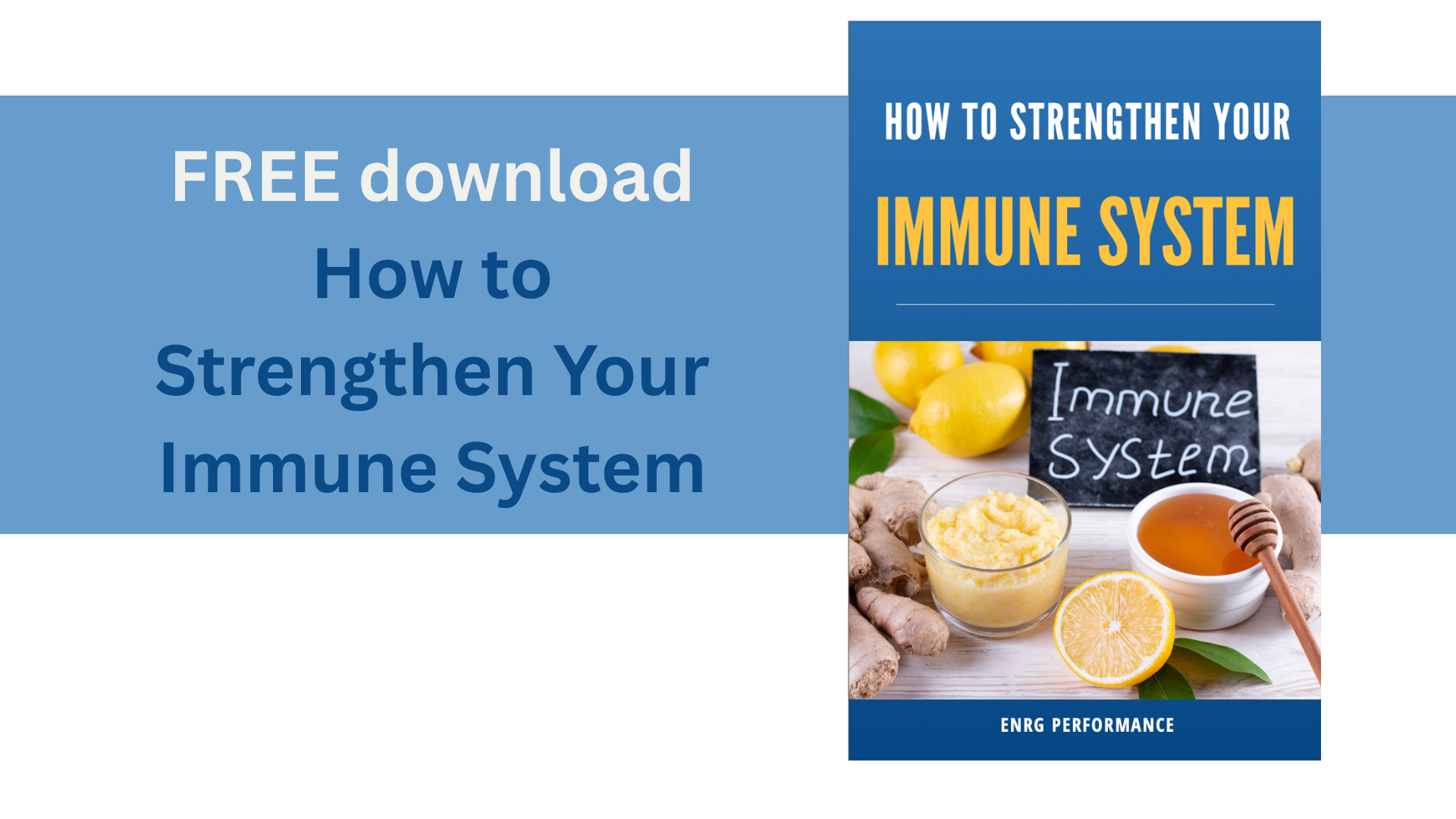Nutrition Strategies to Reduce Endocrine Disruptors
Jun 09, 2025
Last week you learned about endocrine disruptors. This week I will introduce the nutrition strategies you can use to reduce those endocrine disruptors. Let’s get into it...
The first step in reducing those endocrine disruptors is to reduce your exposure to them. Specific ways to do this include:
- Use glass or stainless steel instead of plastic
- Avoid microwaving food in plastic containers
- Switch to natural cleaning and personal care products
- Avoid non-stick pans (use cast iron or stainless steel)
The second step is to implement specific nutrition strategies that focus on three things: 1) detoxification, 2) hormone synthesis, and 3) receptor sensitivity.
Here are 5 easy nutrition strategies you can implement today to support your endocrine system functioning:
1. Clean up your food sources
-
Choose organic when possible - reduce pesticide and herbicide intake by choosing organic produce.
-
Choose pasture-raised, grass-fed and wild-caught proteins - these contain fewer hormones and contaminants than factory-farmed products.
-
Avoid processed and packaged foods - these often contain preservatives, plastics and chemical additives.
2. Support liver detoxification
The liver is central to breaking down and clearing hormones and toxins.
Include the following food in your daily nutrition routine:
-
Cruciferous vegetables (broccoli, cauliflower, Brussels sprouts)
-
Leafy greens (spinach, arugula, kale)
-
Garlic and onions
-
Lemon water and green tea
-
Beets and carrots
3. Balance you blood sugar
Blood sugar spikes increase insulin levels, which can affect other hormones like cortisol, testosterone, and estrogen. Following the Metabolic Efficiency Training concept will help you optimize your blood sugar.
Here are some tips for you:
- Prioritize protein with each meal (30 - 50 grams per meal and half those amounts for snacks)
- If you eat starches, choose complex source such as sweet potatoes, quinoa and lentils
- Limit added sugars and refined grains
- Include healthy fats (avocados, extra virgin olive oil, nuts, seeds)
4. Heal your gut
The gut microbiome helps regulate estrogen metabolism and immune function.
Try these foods to improve your gut health:
- Fermented foods (sauerkraut, kimchi, no added sugars yogurt)
- Fiber-rich foods (beans, flaxseeds, chia seeds)
- Polyphenol-rich foods (berries, green tea, dark chocolate)
5. Optimize fat intake
Hormones are made from cholesterol and fats. Too little fat in the diet can impair hormone production.
Aim for more omega-3 fats from fish (salmon, sardines), monounsaturated fats from olive oil, almonds and avocados and saturated fats from coconut oil and grass-fed butter.
Try a few of these every day and you will be on your way to support a better, more robust endocrine system. Want some extra help? Check out our new Virtual FatBurn Blueprint Program where I develop custom meal and exercise plans based on hormone testing. It’s an amazing program that will help not only your endocrine system but your entire body and brain!
SUBSCRIBE AND WE WILL DROP SOME HEALTHY INSPIRATION IN YOUR INBOX
We hate SPAM. We will never sell your information, for any reason.







